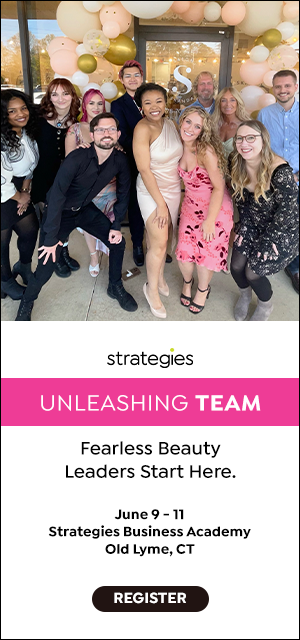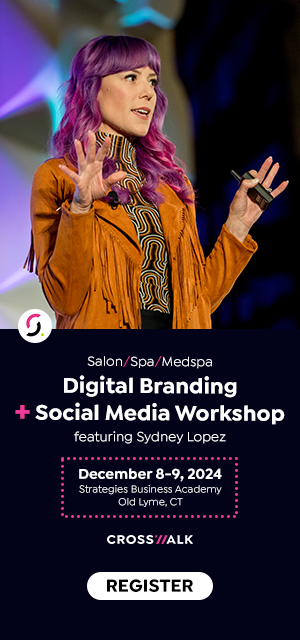‘Think different’ changed everything
 Anyone who knows me knows that I’m a fanatical diehard Apple fan. I got my first Apple computer in 1984. It was a compact and clunky Apple IIc that had one lone floppy drive, no hard drive and green text. That’s a far cry from the MacBook Pro I’m writing this on with my iPhone 4 to my left and my newest love, an iPad2, on my right. The Strategies office is full of Macs, iPods, Airport wireless base stations - and even a retired blue original iMac in our storage room. Not only do I buy anything Apple, I do my best to convert PC users to Apple. My only regret is not buying Apple stock along the way; those early shares are worth a bundle today. Oh well, I’ll just play with my iPad.
Anyone who knows me knows that I’m a fanatical diehard Apple fan. I got my first Apple computer in 1984. It was a compact and clunky Apple IIc that had one lone floppy drive, no hard drive and green text. That’s a far cry from the MacBook Pro I’m writing this on with my iPhone 4 to my left and my newest love, an iPad2, on my right. The Strategies office is full of Macs, iPods, Airport wireless base stations - and even a retired blue original iMac in our storage room. Not only do I buy anything Apple, I do my best to convert PC users to Apple. My only regret is not buying Apple stock along the way; those early shares are worth a bundle today. Oh well, I’ll just play with my iPad.The passing of Steve Jobs hit me hard like the passing of a dear friend. Since 1984, barely a day has passed without me using an Apple product. I just love the way they work and integrate into my life to make me more productive, informed and entertained. Every one is the manifestation of Steve Jobs’ imagination and determination to 'think different.'
Much has and will be written about Steve Jobs as a visionary and leader who created new technologies to make our lives better - even if we didn’t know we needed them. His true gift was thinking differently about how we interact with technology in the most natural and intuitive ways.
Steve Jobs was a true no-compromise leader. Consider these leadership qualities:
- Tenacious and courageous: Jobs didn’t get everything right and had his share of blooper products and outright flops. Introduced in 1992, Newton was the world’s first PDA, but it never caught on. Jobs finally killed the Newton project in 1998. (I never bought a Newton.) The Cube was cool and silent, but it too never caught on. (I didn’t buy the Cube.) The iPod Hi-Fi stereo was heavy, had poor sound and was expensive. It died a quick death in only 18 months. (I didn’t buy the iPod Hi-Fi.) For a few brief years before Jobs’ return, Apple licensed its operating system to a few clone makers. Quality was dismal and hurt Apple’s quality reputation. Jobs bought back the license agreements. (I bought two Mac clones.) Failures never slowed Jobs down. He just moved on to the next big thing.
- Demanding to the core: Jobs was driven to innovate and deliver cutting-edge technology in cutting-edge designs. He pushed his engineers and designers just as hard to get it right. The design of the original iPhone pushed some exhausted engineers to throw up their hands and walk out. But the project was so important and captivating that those engineers were back at work the next day. When the MobileMe web service was launched, it was plagued with problems. Jobs gathered the entire MobileMe team and told them, “You have tarnished the reputation of Apple. You should hate each other for letting each other down.” Everyone at Apple knows the launch of iCloud on October 12th must be flawless or the spirit of Steve Jobs will haunt them to eternity.
- Always hands-on: Jobs was a hands-on leader and his influence is evident in every Apple product. Above all else, Jobs was a prolific innovator with more than 300 patents to his name. He knew what he wanted and guided his team to deliver exactly that. No matter how big Apple became, Jobs didn’t shutter himself in an executive office. He was Apple’s best pitchman for new product introductions. His passion was infectious - as was his trademark, “One more thing …” to deliver that final bit of Apple innovation magic.
- No excuses: Jobs was not easy to work for. He wanted things done his way. He demanded quality. He pushed hard. He reprimanded hard. He demanded secrecy on everything that went on in the company. I believe that most leaks that came out of Apple were planned and brilliant buzz generators; this is, except for the two infamous iPhone prototypes lost by engineers in bars. I wonder what those reprimands were like. Jobs never made excuses for his leadership style.
- Team and culture: Perhaps is was his years of declining health, but Jobs’ focus beyond innovation was building a team and culture that will ensure that Apple’s legacy will endure after his death. Tim Cook masterfully led Apple during Jobs’ medical leaves and was instantly recognized by Apple’s Board of Directors and the business community as being Jobs’ worthy successor as CEO. Jobs’ obsession with quality and innovation is ingrained in the Apple culture. In his resignation letter as CEO, Jobs said, "Apple's brightest and most innovative days are ahead of it." That’s the way Jobs designed it because everything he did was about Apple. I consider Apple, the company, his greatest innovation of all.
One more thing: Thank you Steve Jobs for the Mac, OS X, my iPhone, iPad and Apple TV. I can’t wait to buy the next big thing from Apple.
- - - - - - - - -
Please share your thoughts with me about today’s Monday Morning Wake-Up. Click below to comment.
Neil Ducoff, Founder & CEO of Strategies and author of No-Compromise Leadership
Pass this e-mail on to your business colleagues, managers and friends. They’ll appreciate it.








Comments
No comments found. Start the conversation!
Leave a Comment